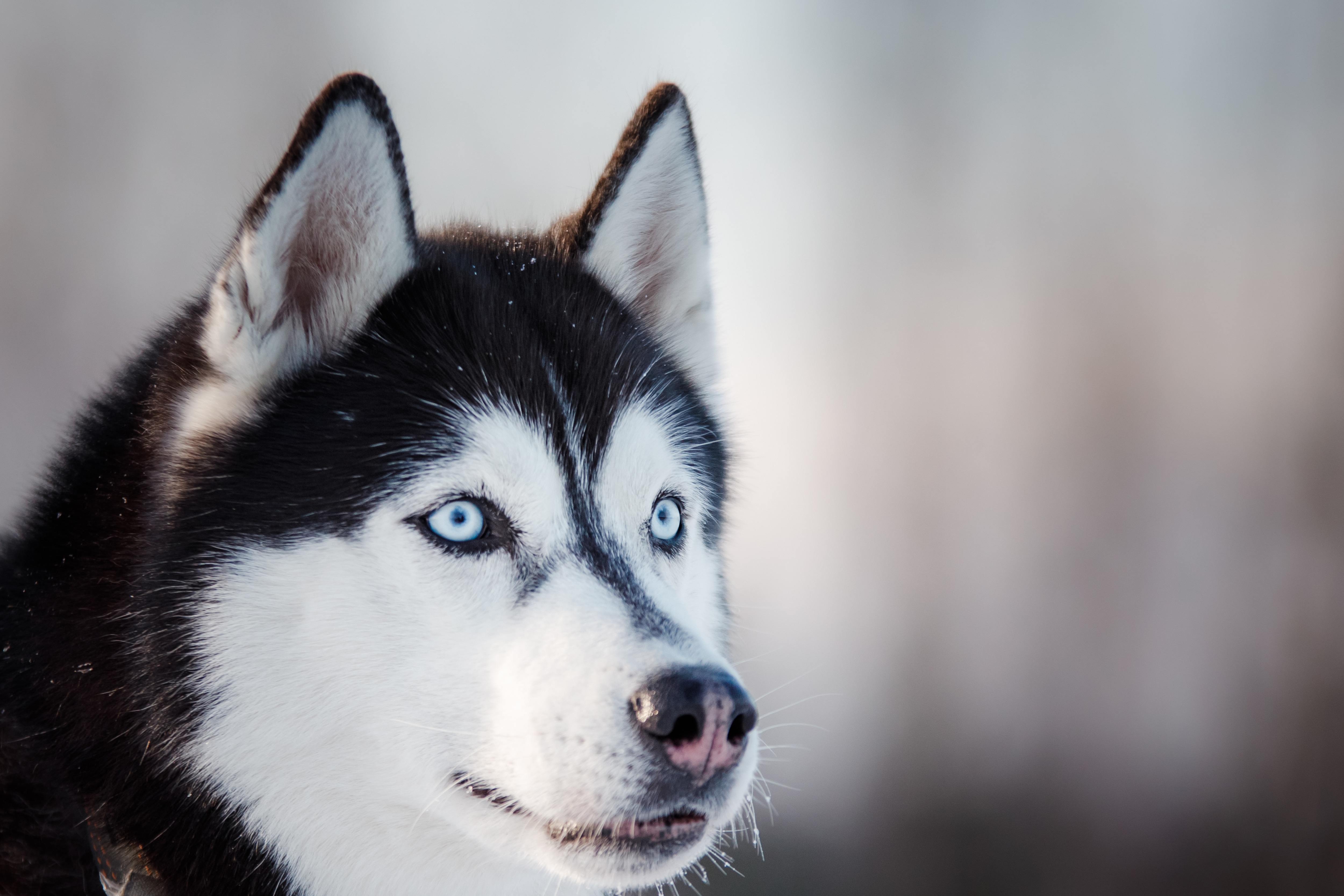How many times have you heard that our pet domestic dogs should be fed like their wolf ancestors? How many pet food packages feature a regal wild carnivore on the bag to imply the same?
Is it true? What’s best? What does the science say?
The science says that there are some fundamental differences between wolves and their subspecies descendants, domestic dogs.

Genetics
While yes, dogs most likely originated from wild wolves but the precise timing is unclear. They are thought to have been domesticated somewhere around 12,000 and 33,000 years ago 1,2. In that time, they have been selected for a variety of traits that symbiotically benefited both the canids (better access to easy food, protection) and the humans (protection, vermin-eradication, companionship). Over the past few hundred years, we have escalated that selective breeding into a variety of diverse breeds with relatively closed genetic populations, which increases the rate of genetic drift and change both between the breeds and from their original ancestors.
Because the full genomes of both the wolf and the domestic dog have been decoded, researchers were able to compare the two. They found that major differences exist in two key areas: brain development/ behavioural traits (we certainly wouldn’t want a wild wolf roaming through our house, but many of us allow our dogs to sleep in our beds!) and digestive traits, specifically the ability to digest starches3. This increased ability to digest starches mirrors the evolution of humans to do the same thing, further solidifying the co-evolutionary link and similarity in lifestyle between omnivorous humans and dogs.
Biology
Both wolves and dogs belong to the taxonomic Order Carnivora, which often gets confused with being carnivorous. While these animals all share a dental structure that originally evolved for shearing meat, most of the species in Carnivora are now omnivores (e.g. skunks, raccoons, bears, etc.) and a few are completely or almost completely herbivorous (e.g. the Giant Panda).
Obligate carnivores are animals that require meat in their diet, because they can only obtain certain essential nutrients that way. These mammals include wild and domestic cats. Felids require dietary taurine, an amino acid necessary for heart and eye health. Dogs do not. Strict carnivores also require pre-formed Vitamin A in their diet, while omnivores like dogs and humans can form Vitamin A from beta-carotene. Other essential nutrients of carnivores that dogs do not need directly from their diet include arachidonic acid (a fatty acid) and niacin (a B Vitamin).
Lifespan
Possibly the most-overlooked, but potentially most important, difference between wild wolves and our beloved pet dogs, is their expected lifespan. Wild wolves often suffer from starvation, trauma and disease. Most people are surprised to hear that the average lifespan of a wild wolf is only 6-8 years however; many wolves die younger than that4. Pet owners want and expect their pet dogs to live much longer than this. Wolves in captivity at sanctuaries and zoos can live longer, 12-15 years or so, and interestingly, many of these animals are fed a diet significantly comprised of dry kibble dog food4,5! Domestic dogs have evolved to eat and live alongside humans for millennia. Nutrition is one of the most important factors we can influence to maximise health, improve longevity and manage disease in our pets.
The very things that wolves die of are things we routinely protect our pets from – we vaccinate to prevent contagious disease, we give them protected sleeping quarters away from the elements and other predators, we treat their wounds and broken bones if needed, we give them medicine to prevent parasites and we should feed them a complete and balanced omnivorous diet for a long, healthy life.

Originally authored by Dr. Hillary Noyes and adapted by Dr. Delisa Appleton.
Dr. Hillary Noyes completed her Bachelor of Science in Zoology (concentration in animal behavior and neurobiology) and her Doctor of Veterinary Medicine at Michigan State University. She completed a small animal medicine and surgery internship in San Diego, CA, where she remained as a practicing veterinarian for the next 5 years. Dr. Noyes joined Hill’s Pet Nutrition as a Professional Consulting Veterinarian for the Southern California region in 2012. She currently serves as Assistant Manager, Students and Recent Graduates. Dr. Noyes is also a resident in the American College of Animal Welfare pursuing specialty board certification.

Apapted by Dr Delisa Appleton BVSc (Hons) PhD. Professional Consulting Veterinarian, Hill’s Pet Nutrition. Delisa graduated from the University of Queensland with honours in 1987 after which she worked in mixed and small animal veterinary practice for 7 years before commencing work in the nutrition industry. She then returned to the University of Queensland in 1999 to undertake research with Prof. Jacquie Rand into nutritional aspects of obesity and diabetes in cats She has had numerous papers and reviews published and was awarded a PhD in nutrition in 2004.
Hill’s is a trademark of Hill’s Pet Nutrition, Inc. © 2018 Hill’s Pet Nutrition Pty Ltd. HIMA-DA-18199A59